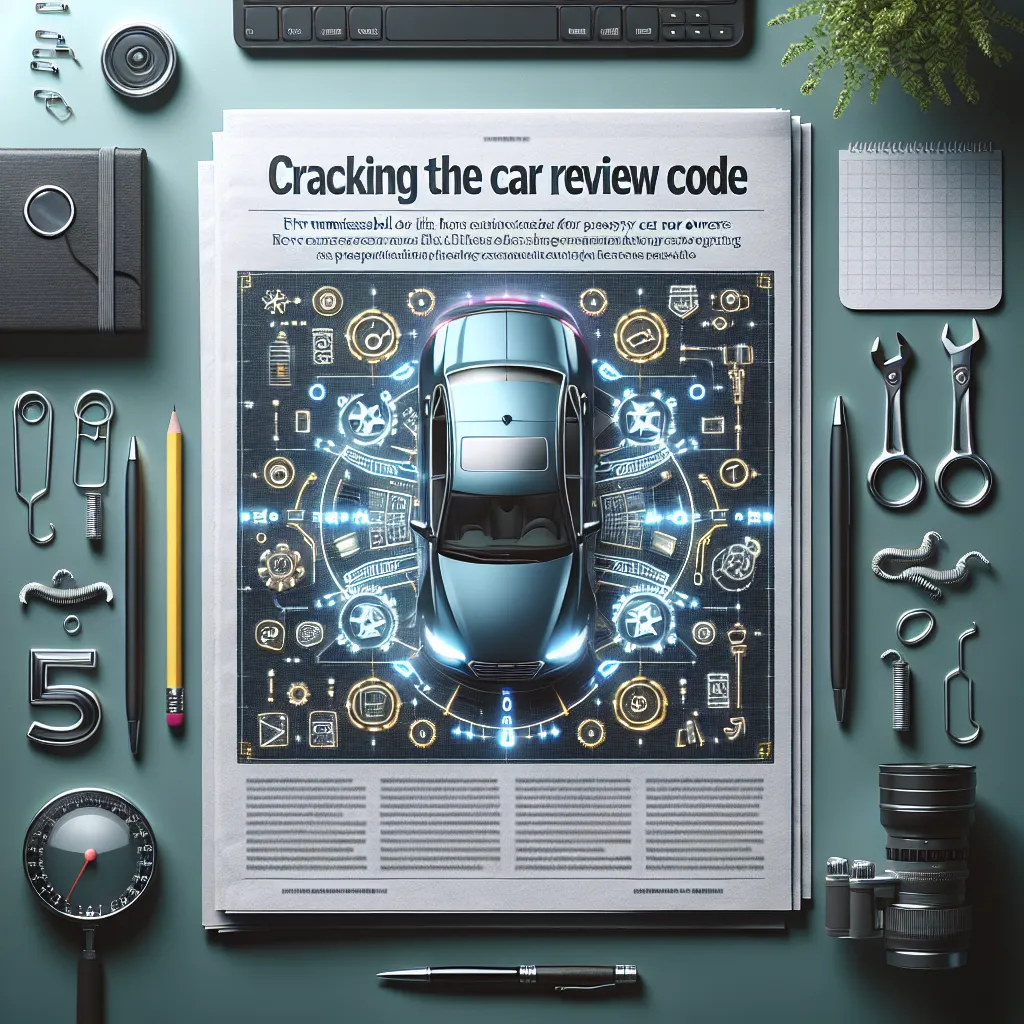Understand the Reviewer's Perspective
Every reviewer has a unique perspective. Some may prioritize speed and performance, while others might focus on safety features or fuel economy. Understanding the reviewer's perspective will help you gauge if the review aligns with your priorities. If you're a parent looking for a safe, reliable family car, a review focusing on high-speed performance might not be the most relevant for you.
Decode the Technical Jargon
Automotive reviews can be laden with technical terms like torque, horsepower, and drivetrain. These terms might seem intimidating, but don’t let them deter you. Use online resources to learn about these terms. Understanding these concepts will help you make an informed decision about the performance and capabilities of the car you're eyeing.
Pay Attention to Consistent Critiques
If multiple reviews point out the same issue, it's likely a genuine concern. Whether it's about a stiff suspension or poor fuel economy, consistent critiques should raise a red flag. Take these into account when making your decision.
Don't Ignore User Reviews
While professional reviews are informative, user reviews provide real-world insights. They often highlight long-term issues such as maintenance costs and durability that professional reviewers might not cover. Don't ignore these valuable pieces of information.
Consider Your Unique Needs
Lastly, always remember that the best car for you depends on your unique needs. A sports car may receive rave reviews, but if you need a family-friendly vehicle, it won't be the best fit. Use reviews as a guide, not a rulebook.
Conclusion
Car reviews can be a goldmine of information if you know how to extract the right details. By understanding the reviewer's perspective, decoding technical jargon, paying attention to consistent critiques, considering user reviews, and keeping your unique needs in mind, you can navigate car reviews like a pro. Happy car hunting!
